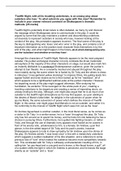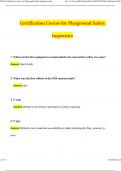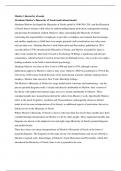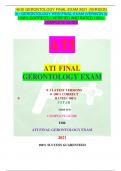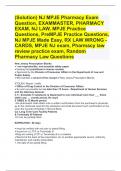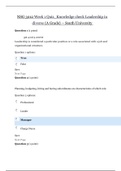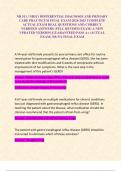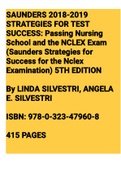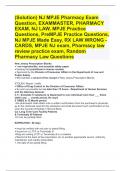Essay
‘Twelfth Night, with all its troubling undertones, is an uneasy play about outsiders who lose.’ To what extent do you agree with this view? Remember to include in your answer relevant comment on Shakespeare’s dramatic methods. [25 marks]
Wrote this Twelfth Night essay during my time in Sixth Form - achieved 24/25 (A*) - there are comments on this essay from my teacher which is a useful guide.
[Show more]
